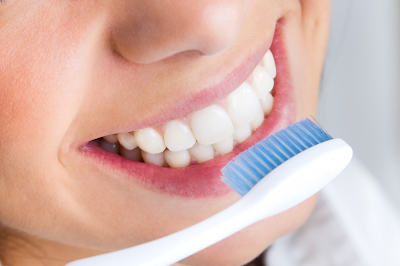What is TMD?
Temporomandibular Disorder – AKA TMD, is a condition that affects the muscles and tissues around the temporomandibular joint (TMJ) located in the lower jaw. Symptoms of TMD can include pain, difficulty opening your mouth wide, and popping or clicking noises when you chew or speak.
This article will explore TMD, its work, and some available treatments. We'll also provide helpful information on how to deal with TMD if you suffer from it. So let's delve in to learn more about this condition and what you can do to relieve your symptoms!
Signs and Symptoms of TMD
TMD for Teeth is a common diagnosis often confused with other dental problems. Signs and symptoms of TMD for teeth may include;
- Severe pain in the jaw or neck
- Severe TMJ (temporomandibular joint) pain
- Trouble chewing or swallowing
- A clicking/popping sound when you move your ja
- Loss of tooth pulp (dentine)
- Frequent headache
- Fatigue
- Vision changes
- Numbness/tingling in the hands, arms, feet, or face
If you're experiencing any such symptoms, it is essential to seek medical attention. Many treatments are available for TMD for teeth, including medication and surgery.
Treatment Options for TMD
One common treatment option for TMD for teeth is surgery. This involves removing the inflamed tissue or bone from around the temporomandibular joint. Surgery may be necessary if the condition is severe or does not respond to other treatments. However, surgery is often expensive and may cause long-term side effects, such as reduced ability to chew or speak.
Another common treatment option for TMD for teeth is medication. Many different types of medications are available to treat TMD for teeth, and each has its benefits and drawbacks. Some most commonly used medications include ibuprofen and naproxen (both types of NSAIDs), Celebrex (an anti-inflammatory drug), and lidocaine (a local anaesthetic).
Medications can effectively relieve pain and inflammation around the temporomandibular joint, but they may also have side effects. For example, ibuprofen and naproxen can cause stomach pain and diarrhoea, Celebrex may cause liver problems, and lidocaine may cause drowsiness or dizziness.
NextSmile is the reputable Brisbane Dental Clinic offering the best treatment for TMD. Our team of dentists has plenty of experience in dealing with TMD and can provide you with the best possible treatment. We believe everyone should have access to excellent dental care and are dedicated to providing the highest quality services possible. If you're looking for a dental clinic that can provide you with the best possible treatment for TMD, look no further than NextSmile Dental Clinic.




Comments
Post a Comment